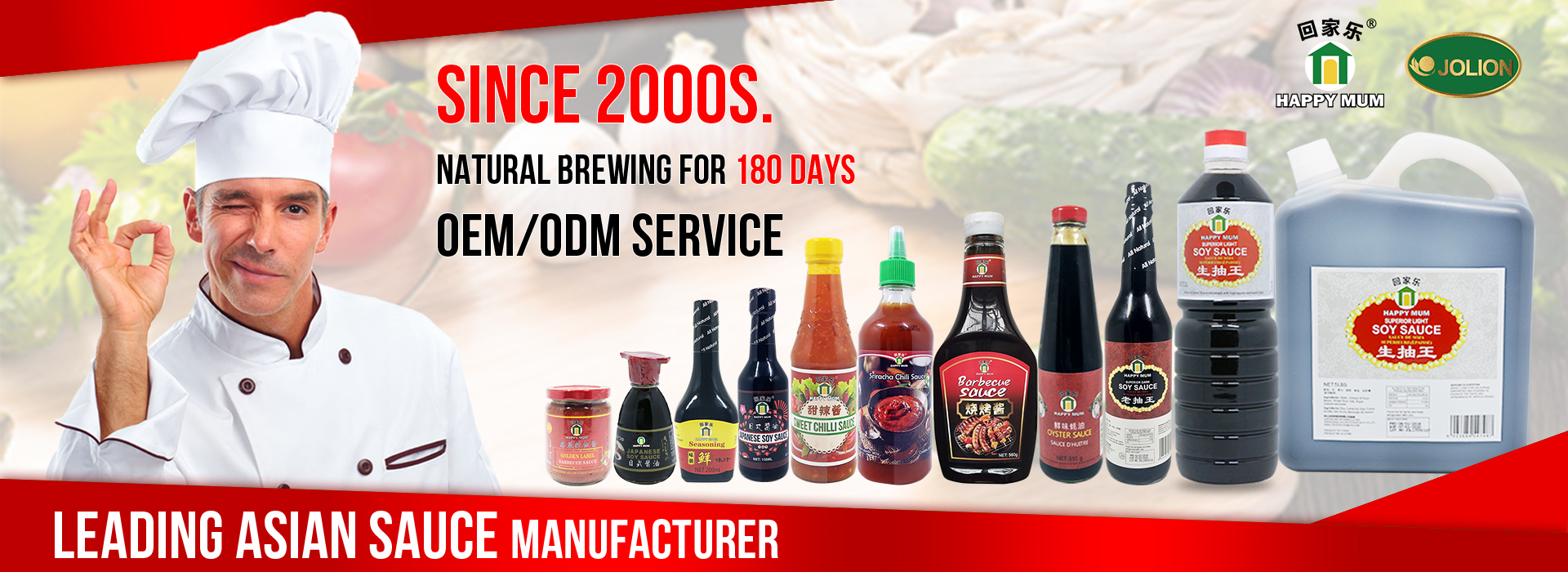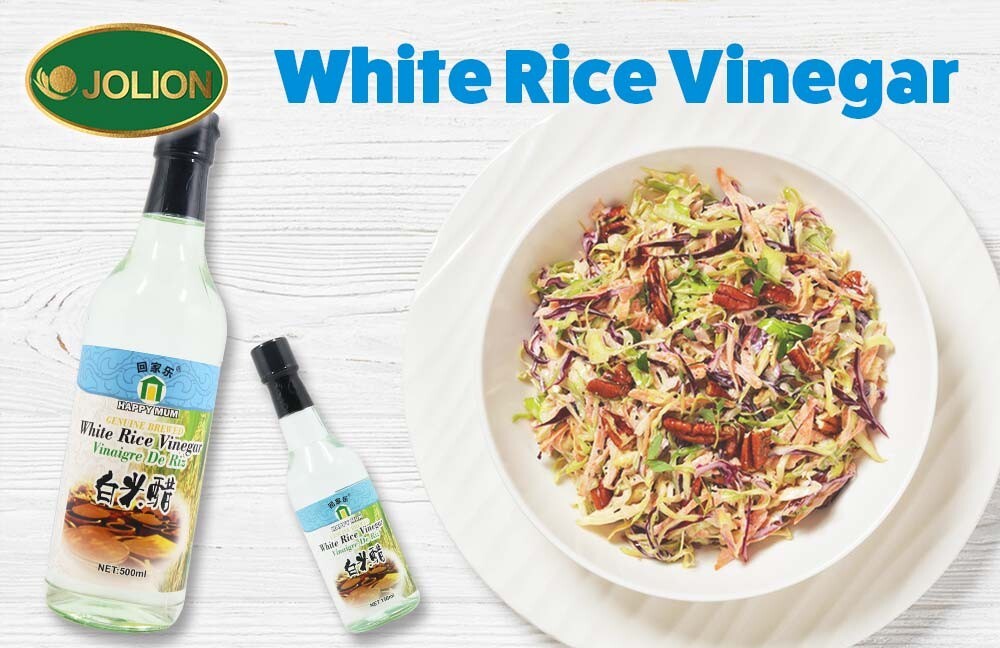
- Exploring JOLION Food's Exquisite Sauces and Noodles at SIAL PARIS 20242024-10-30SIAL PARIS, the renowned international food exhibition, is set to showcase a plethora of gastronomic wonders in 2024. Among the myriad of exhibitors, JOLION Food stands out as a beacon of culinary excellence, promising a delectable journey for food enthusiasts and industry professionals alike.
- Grab The Canned Corn And Succeed Faster2025-04-25
- Why Your Peanut Butter is Oily2025-04-18
Understanding the Difference Between Rice Vinegar and White Vinegar
Adding flavor and quality to your culinary experiences is our passion at JOLION Foods. As professionals in the food industry, we are aware of how important different components are to food preparation and preservation. The distinction between rice vinegar and white vinegar is one frequently asked question. To assist you in making wise decisions for your cooking requirements, we will examine the distinctive qualities of these two vinegars in this post.

What is Rice Vinegar?
Rice vinegar, often used in Asian cuisine, is produced from fermented rice. Its flavor profile is typically mild and slightly sweet, making it perfect for sushi rice, salad dressings, and marinades. Rice vinegar comes in different varieties, including seasoned and unseasoned, each contributing a distinct taste to dishes. Its subtlety enhances the flavors of fresh ingredients without overpowering them, which is why many chefs prefer using rice vinegar in their recipes.
What is White Vinegar?
On the other hand, white vinegar is made from grain alcohol and has a much sharper, more pungent flavor compared to rice vinegar. This acidity makes it a powerhouse for pickling and canning due to its ability to preserve the freshness of vegetables and fruits effectively. White vinegar is commonly used in cleaning solutions as well, making it an essential household item. While it does find its way into various recipes, it’s important to note that its strong flavor can dominate more delicate dishes, unlike rice vinegar.
Key Differences Between Rice Vinegar and White Vinegar
When comparing the difference between rice vinegar and white vinegar, flavor and usage take center stage. Rice vinegar’s gentle sweetness enhances dishes like sushi and salads, while white vinegar’s high acidity lends itself better to preservation and cleaning. Nutritionally, rice vinegar is lower in acid content, making it easier on the palate for those sensitive to harsher flavors. Understanding these differences is crucial for any cook looking to achieve the best results in their kitchen.
Conclusion
In summary, recognizing the difference between rice vinegar and white vinegar is vital for cooking enthusiasts and professional chefs alike. Each type of vinegar brings its unique qualities to the table, and knowing when to use each can elevate your culinary creations. At JOLION Foods, we pride ourselves on providing high-quality ingredients that enhance your cooking experience. Whether you’re a home cook or a business in need of premium supplies, our business-to-business services ensure you have access to the best products for all your culinary needs. Explore our range today and discover how we can support your culinary endeavors!
Related News
- 2025-04-25Grab The Canned Corn And Succeed Faster
- 2025-04-18Why Your Peanut Butter is Oily
- 2025-04-1710 Surprising Health Benefits of Peanut Butter
- 2025-04-09The Mystery of Chilli Sauce
- 2025-04-07Revealing The True Nature Of MSG
- 2025-04-15The All-Natural Goodness of JOLION Foods Vegetarian Oyster Sauce: A Culinary Delight
Start Your Seasoning Sauce Business by a Free Quote
GET FREE QUOTES
If you are interested in our services, let's have a try on the first project
